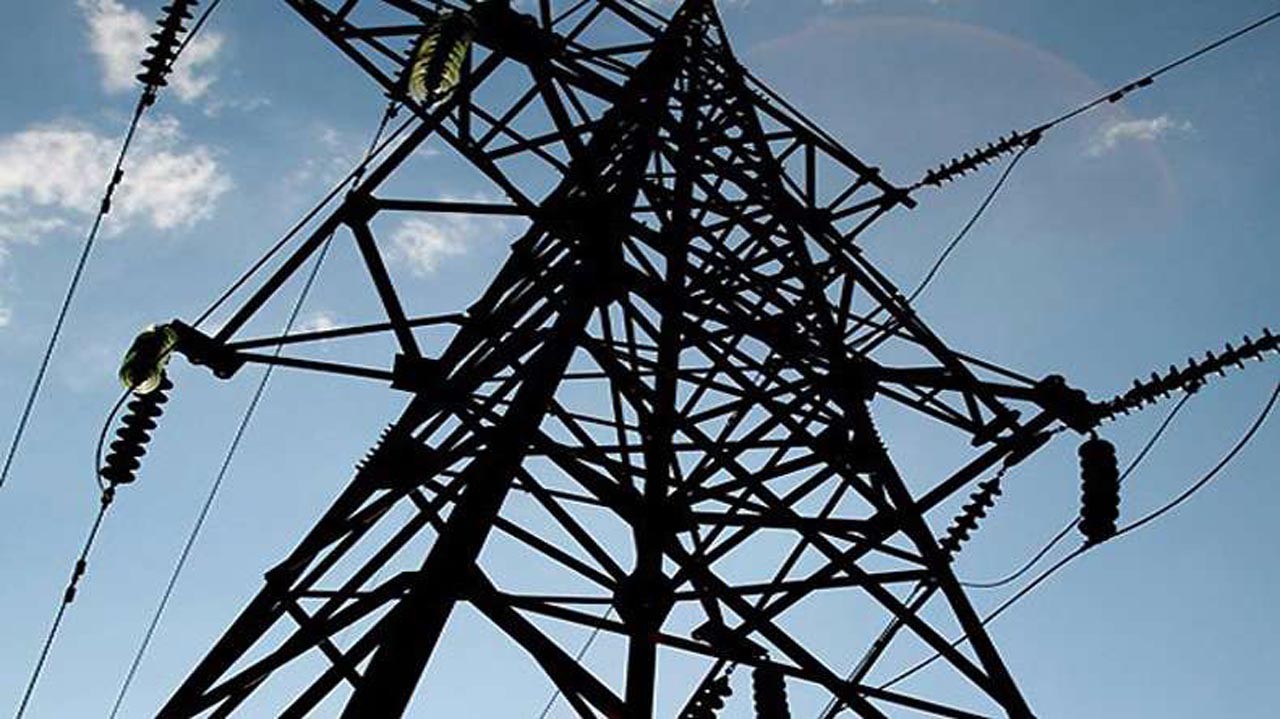The power distribution companies in the country have disclosed that their revenue collection increased by a record 10% to N127bn in the first three months of the year.
The Association of Nigerian Electricity Distributors, which disclosed this in a document, stated that the energy billed by the Discos was 5,768 gigawatt-hours (equivalent to N187bn), out of the 6,911 GWh it received in the period under review.
“The collection in Q1 2020 hit a new record of N127bn, 10 per cent more than the same quarter last year,” ANED, an umbrella body for the Discos, said.
The power firms said the energy sent out in the first quarter of this year was much less than what was projected at the last minor review for 2020.
According to them, the Nigerian electricity supply industry has not solved critical issues such as the lack of spinning reserve, load misalignment with Discos and the Transmission Company of Nigeria interface issues, delays in the implementation of TCN´s expansion plan and lack of investment in Discos’ infrastructure.
ANED said, “The oft-bandied issue of load rejection by Discos seemingly seeks to hide all of the above issues.
“The Disco’s uncertainty on the energy to be received from the TCN has become a major threat and it will hurt the core of their performance improvement plans as many of them are based on the basis of the projections done by the Nigerian Electricity Regulatory Commission at June’s Minor Review 2019.
“Importantly, only three Discos (EKEDC, IBEDC and IE) received more energy than the same quarter of the previous year. On the other hand, several Discos received less energy.”
According to the group, the number of registered end-users in the industry keeps increasing at a rate of about 75,000 new customers per month, resulting in more than 9.5 million customers in total.
READ ALSO: Senate to assemble legal experts to review power deals
It said, “Delays/barriers in the implementation of the Meter Asset Providers regulation is making the metering gap to grow, with almost 59.7 per cent of the end-users unmetered.
“Since 2015, there has been no significant improvement in the energy generated and wheeled by the TCN that is finally received by the Discos. It continues to be flat and is only mainly affected by a seasonal effect between the dry and rainy seasons.”
The distribution and generation companies carved out of the defunct Power Holding Company of Nigeria were handed over to private investors on November 1, 2013, following the privatisation of the power sector.













